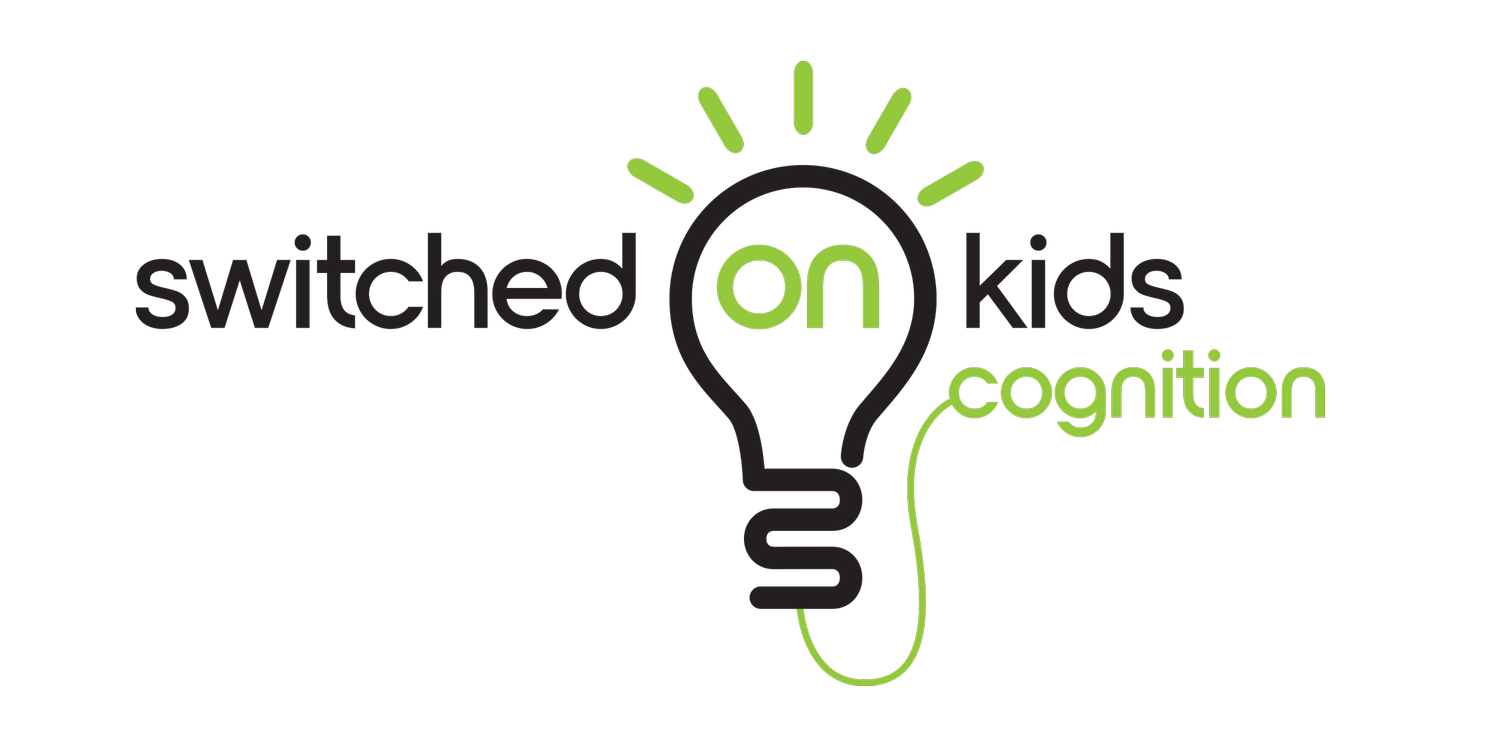Practical help for working memory
There is plenty of evidence to suggest that working memory can be improved. Working memory skills are real world skills and in general we can help kids in two ways. Firstly, by understanding their challenges and adjusting expectations and the environment accordingly and secondly by specifically practicing activities that target working memory (this will be covered in a separate email/blog).
How to help kids who struggle with poor working memory?
Understand that kids are often trying to listen and comply but they simply do not have the working memory capacity to hold information active.
Many children who say “what” or “I don’t know” may need extra prompting or time to respond. Often these kids DO know but need assistance to access the information. Pause and provide a little extra time.
Avoid information overload and try to keep a quiet work space and distractions to a minimum.
Ensure a child has your attention before you give instructions and ensure that they have understood.
Avoid long, multistep instructions that tax working memory.
Use written or visual reminders and schedules, encourage structure and routine.
Teach kids strategies to help them remember (e.g., repetition, chunking, visualisation).
Make information more meaningful and memorable by drawing pictures, using fun lettering and colour to boost recall. Avoid long blocks of boring text.
Encourage note taking, writing things down boosts memory.
Take breaks and get moving. Kids perform better on working memory tasks after a burst of exercise (Pontifex et al., 2013). A movement break is particularly useful if a child needs to focus on a task they consider “boring”.
Learning a musical instrument has been shown improve attention and working memory. Learning a musical instrument activates brain regions involved in auditory processing, language and working memory (Kausel et al., 2020).
Take a rest if your child is sick. Working memory skills decline when we are feeling unwell, for example if we have a cold (Smith, 2012).
Encourage a good sleep routine. An Australian study that included 1,700 Australian first-graders found a strong association between a poor habitual sleep patterns and decreased verbal working memory (Cho et al., 2015).
· Do not expect multi-tasking (yet)
To learn more about my 1:1 services please see HERE.
References
Cho, M. et al. (2015). Poor sleep and lower working memory in grade 1 children: cross-sectional, population-based study. Academic Pediatrics, 15(1):111-6.
Kausel, L. et al. (2020). Neural Dynamics of Improved Bimodal Attention and Working Memory in Musically Trained Children. Frontiers in Neuroscience; 14(554731).
Pontifex, M.B. et al. (2013). Exercise improves behavioral, neurocognitive, and scholastic performance in children with attention-deficit/hyperactivity disorder. Journal of Pediatrics, 162: 543-551.
Smith, A.P. (2012). Effects of the common cold on mood, psychomotor performance, the encoding of new information, speed of working memory and semantic processing. Brain, Behaviour and Immunity, 26(7):1072-6.


